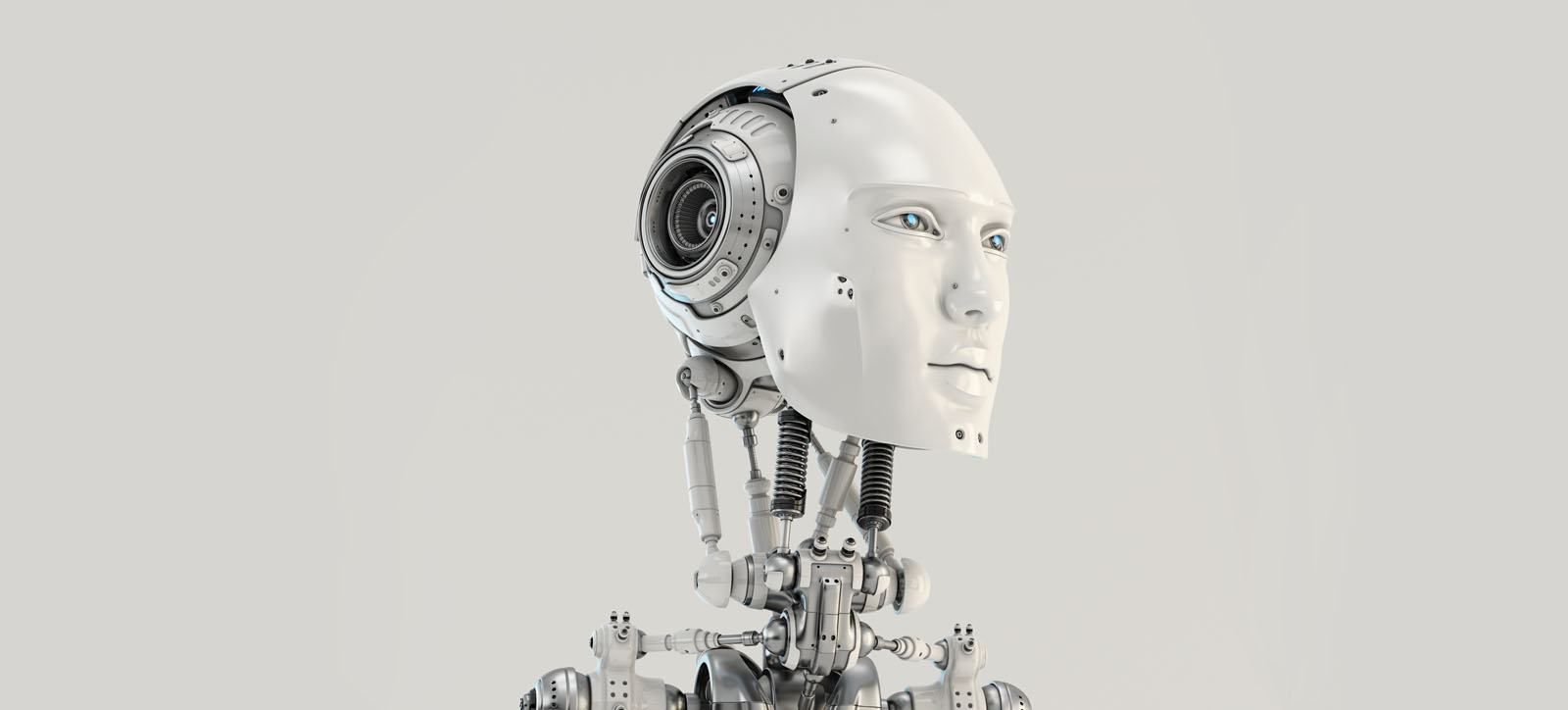
- Author James Wilson claims AI will transform the way we work
- Research finds people collaborating with AI outperform automation
- AI-human collaboration will bring new types of jobs and skills
- 69 per cent of executives believe AI will transform their industry by 2022
AI researcher James Wilson believes there will be six new areas of jobs that will become prominent as artificial intelligence radically alters how we work.
In a talk at WBS London at The Shard, Mr Wilson, co-author with Paul Daugherty of Human + Machine: Reimagining Work in the Age of AI, argued that companies leading in the fourth industrial revolution are not using AI to replace humans, but to work alongside them instead.
After researching 1,500 companies who are early adopters of AI, Mr Wilson told a packed public lecture held in conjunction with Thinkers50 and Harvard Business Review, that firms using AI to collaborate with humans outperform those using it to automate jobs by three times.
He also found that firms committed to investing in AI-human collaboration will grow their revenues by 38 per cent by 2022 and instead of shedding jobs, these companies will see growth in their workforce by 10 per cent.
“What we see in companies leading in this area is that they do not have this view of smart machines competing against people,” said Mr Wilson. “They look to this middle ground of vast collaboration, what we call the missing middle, this is where the new types of jobs in the future will come from.
“Our research found that there are six new types of job categories that reoccur again and again, where people help machines or AI helps people.
“The first three are ‘trainers, explainers and sustainers’, some are technical roles, but many in trainer roles have a background in humanities or drama, where they are training AI to be more ethical and more moral than themselves.
“One type of trainer job is AI Personality Trainer, which develops the personality of company chatbots to create awesome customer experiences. We saw the person teach AI to be empathetic, funny and co-operative, so it can be an extension of your company brand.
Related course: Warwick Diploma in Strategy & Innovation
“The other three areas are ‘embody, interact and amplify’ where machines can free people up to do more complex tasks or extend the physical capabilities of workers, such as in a warehouse.
“Robots can do the tedious tasks, so humans are free to do more. For example scientists at a bioscience company we looked at were able to do hundreds more experiments a year thanks to AI doing the routine chores.”
Mr Wilson, who is Managing Director of Information Technology and Business Research at global consultancy Accenture, also found that 69 per cent of executives believe AI will totally transform their industry by 2022. But it will be working with humans, and that will be across all industries, from retail to chemical.
“Elon Musk admitted Tesla had too much automation in its car assembly lines and said humans are underrated,” said Mr Wilson. “He has now changed that by focusing on humans and machines working together.
“While BMW has turned to flexible human-machine teams and found they are 85 per cent more productive than rigid automated assembly lines.
“Tomorrow’s winners will reimagine work with humans helping machines.
“AI stands to fundamentally change the economy. It is the biggest thing happening in technology and like electricity it is the general purpose technology that will transform our work.”
For more articles like this download Core magazine here.




 X
X Facebook
Facebook LinkedIn
LinkedIn YouTube
YouTube Instagram
Instagram Tiktok
Tiktok